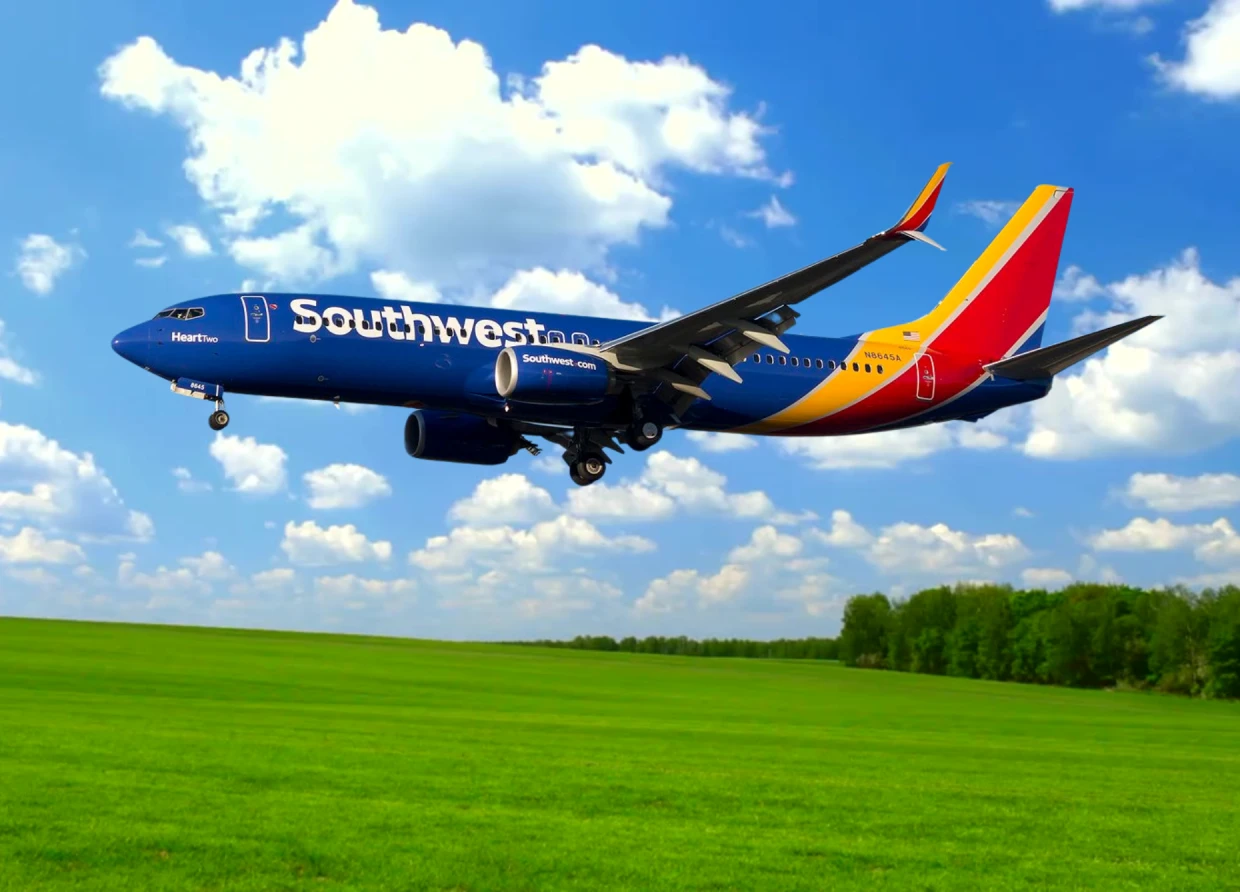SOUTHWEST AIRLINES TO END OPEN SEATING AFTER 50 YEARS
Southwest's Move to Assigned Seating Aims to Boost Revenue and Address Customer Preferences Amidst Financial Struggles

In a dramatic shift from its distinctive business model, Southwest Airlines announced yesterday that it will eliminate its open seating policy—a defining feature of the airline since its inception. The decision, driven by declining profits, marks a significant departure for the carrier known for its no-assigned-seats approach.
Southwest's move to assign seats comes as part of a broader strategy to boost revenue and improve customer satisfaction. The airline plans to introduce assigned seating to allow for the sale of premium seats with added amenities, such as extra legroom. According to a recent survey conducted by Southwest, 80% of respondents favored assigned seating, and a significant number cited seating as a primary reason for choosing competitors.
For now, Southwest will maintain its current open seating model, where passengers rush to find their preferred seats upon boarding, while retrofitting planes to accommodate the new seating arrangement. The transition is expected to be completed next year, pending regulatory approval. Additionally, the airline plans to introduce red-eye flights starting in 2025 but will continue to offer free checked bags—a feature cherished by its loyal customer base.
This strategic overhaul comes in response to recent financial struggles. Southwest reported a 46% drop in Q2 profits, falling to $367 million despite record revenue. The airline admitted that an early surge in summer ticket sales prevented it from capitalizing on last-minute bookings, impacting overall profitability.
Southwest is not alone in navigating these turbulent skies. Delta and American Airlines also reported disappointing Q2 profits, despite high revenue and strong demand. These airlines have managed to buffer the impact of rising labor and fuel costs with premium ticket offerings, such as first-class and economy plus.
Compounding Southwest's challenges is the scrutiny of activist investor Elliott Investment Management, which has advocated for a strategic overhaul. However, Southwest CEO Bob Jordan has emphasized that the decision to end open seating was not influenced by this external pressure.
As Southwest charts a new course, passengers and industry observers alike will be watching closely to see how the airline's embrace of assigned seating impacts its long-standing brand identity and financial performance.
#THE S MEDIA #Media Milenial #Southwest Airlines #open seating policy #assigned seating #airline industry #revenue growth #customer satisfaction #financial struggles #Q2 profits #travel industry #premium seating #red-eye flights #free checked bags #Elliott Investment Management #airline strategy


























